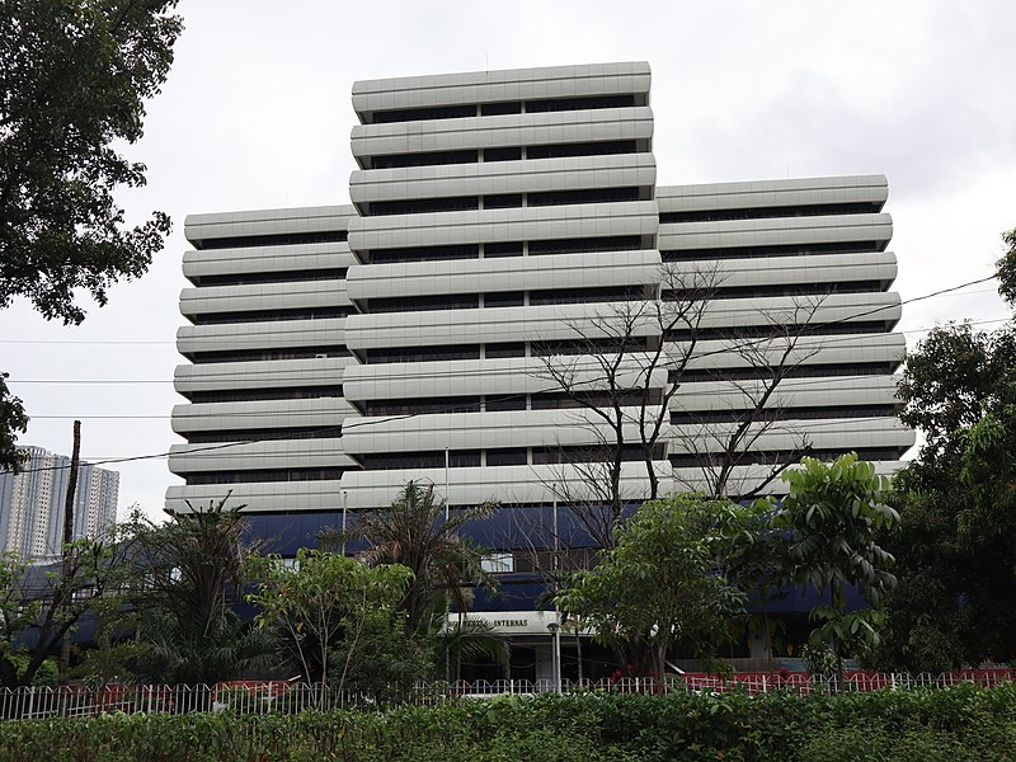Online sellers making below P500,000 in yearly sales don’t have to pay creditable withholding taxes according to the Bureau of Internal Revenue (BIR).

The threshold consists of the total revenue the seller generates across digital platforms such as websites, Facebook, Instagram, and TikTok.
As per BIR, online sellers or merchants are exempt if the total or cumulative remittance from various online platforms does not exceed P500,000 in a year; or if the seller or merchant is exempt from or subject to a lower tax rate under existing law or treaty.
“Small-scale online sellers are exempted from withholding tax. The BIR is sympathetic to small businesses in its approach to taxing online sellers/merchants,” BIR Commissioner Romeo D. Lumagui, Jr. said in a statement.
On January 11, the BIR issued Revenue Regulations No. 16-2023 took effect which imposes a withholding tax of 1% on half of the gross remittances by e-marketplace operators and digital financial service providers to the sellers or merchants for the goods and services paid or sold through their platforms or facilities.
“For those who are above the threshold of P500,000 annual gross remittance, it is only fair that they will be subjected to withholding tax. We have to be fair to the retail sector and brick-and-mortar stores who are regularly paying their taxes,” Mr. Lumagui said.
The tax covers marketplaces for online shopping such as Lazada and Shopee, food delivery platforms like Grab and Food Panda, platforms to book lodging accommodations like Airbnb and Agoda, and other similar online service or product marketplaces.
E-marketplace operators and digital financial service providers were given a 90-day transitory period to comply with the order.
Commissioner Lumagui also reminded that online seller and merchants should register their businesses with the BIR and submit documentary requirements, even if their annual gross remittance is below the P500,000 threshold.
“If you have a business, you have to register and pay your taxes. It doesn’t matter if it’s an actual store or an online store. It is your responsibility to pay taxes like everyone else,” Mr. Lumagui said.
He also said the BIR is working to guide online sellers and online platforms on their tax obligations.
According to the Philippine Statistics Authority (PSA), the country’s digital economy surged to about $36.5 billion in 2022, contributing 9.4 percent to the Gross Domestic Product (GDP). This marked an 11 percent increase from about $33 billion recorded in 2021, covering digital transactions spanning digital-enabling infrastructure, e-commerce, and digital media/content.
The Philippines aims to be a $1 trillion economy by 2033, according to a study by S&P Global Market Intelligence.







